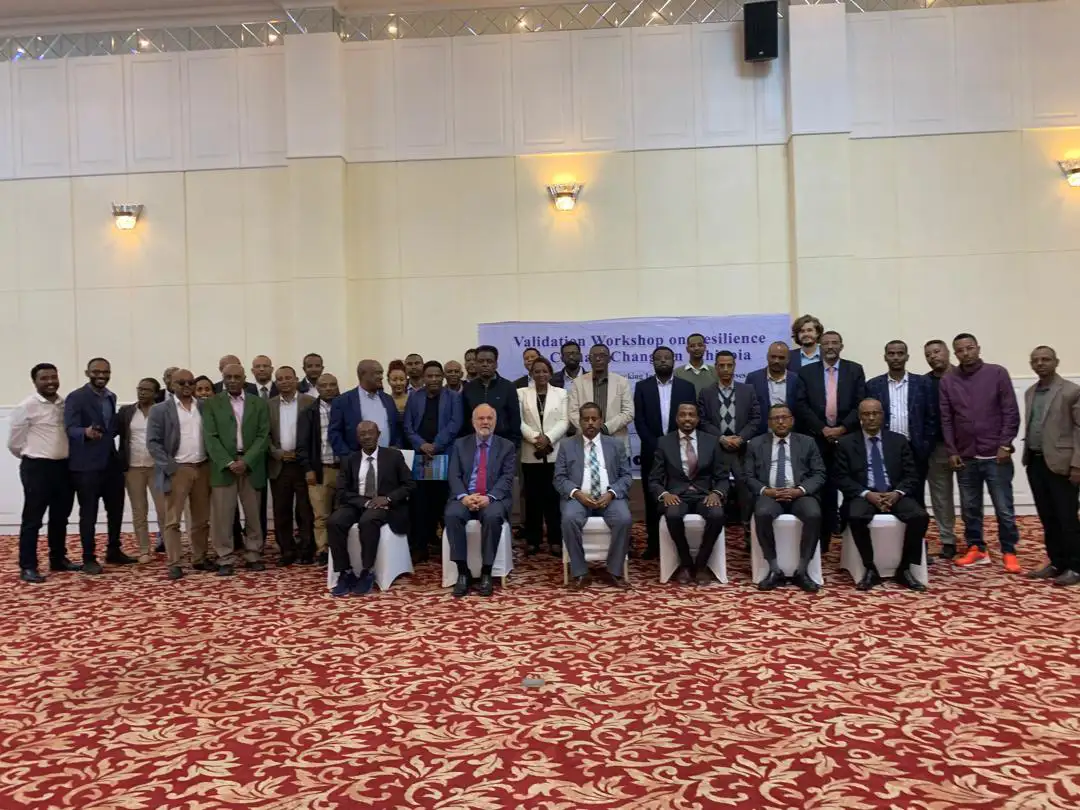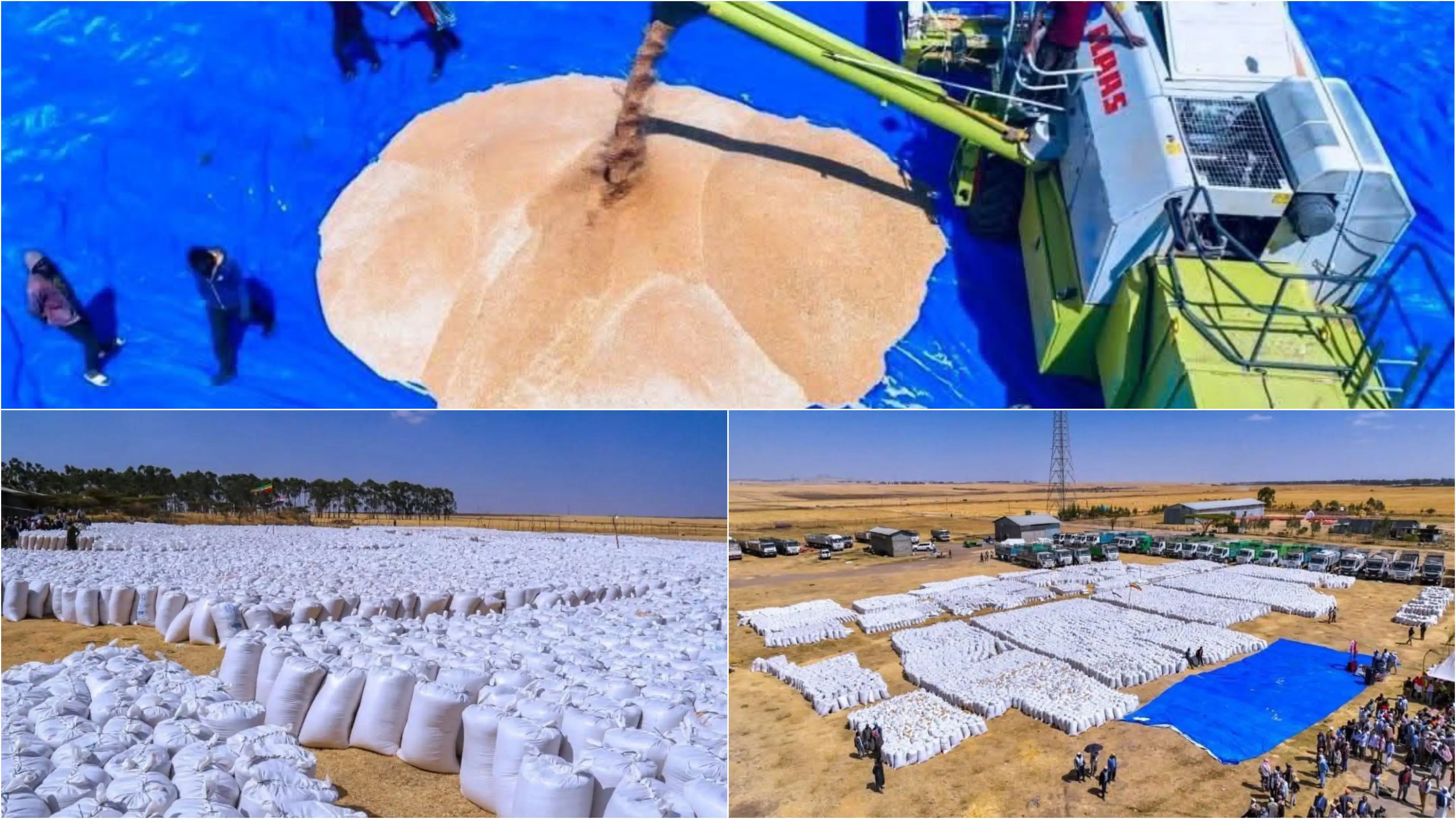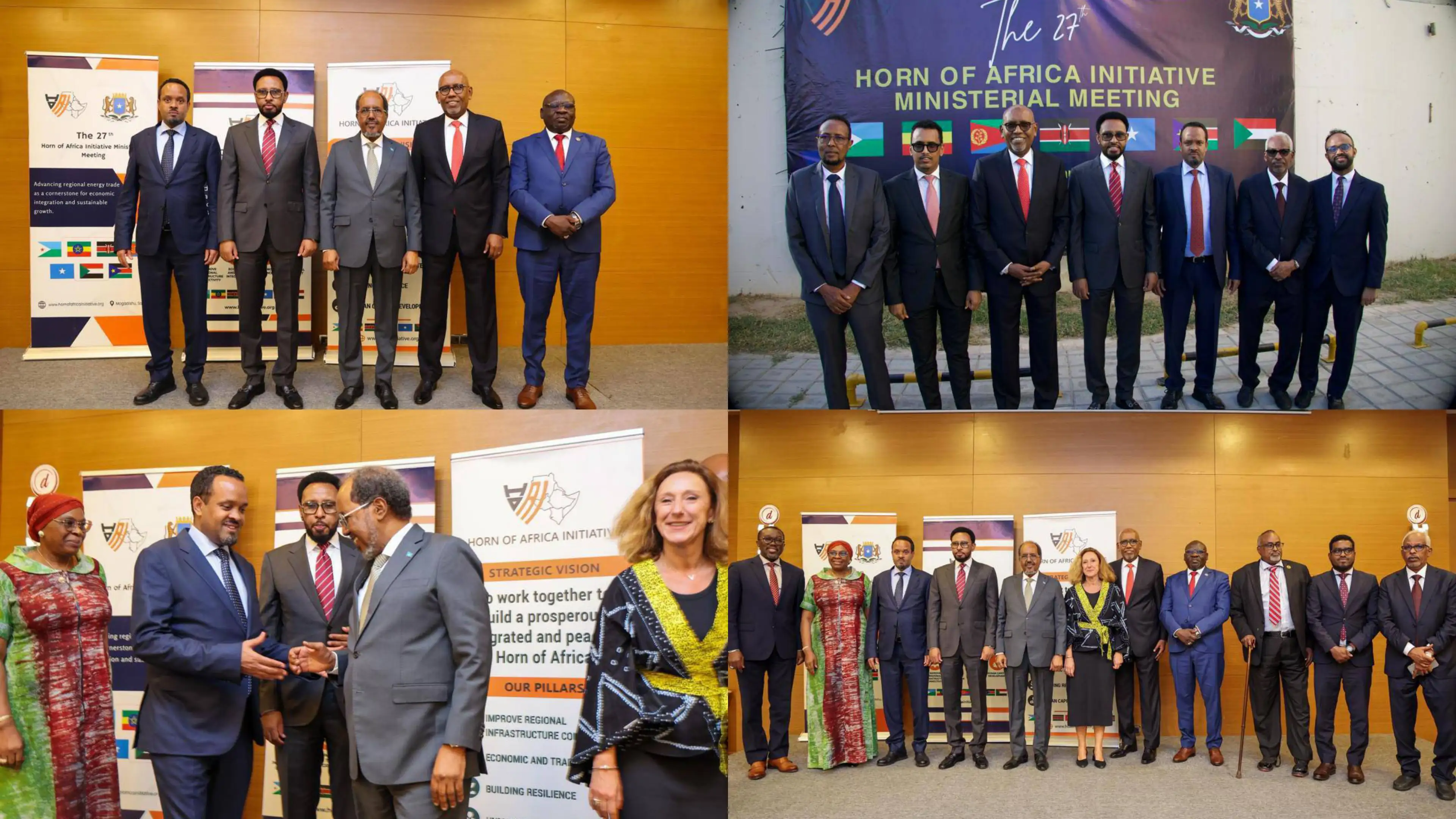By: Kassahun Chanie
Amidst growing concerns about the escalating impact of climate change, a validation workshop held in Addis Ababa shed light on the resilience of Ethiopian households. It offered recommendations for strengthening their ability to cope with environmental pressures. Experts gathered at the Haile Grand Hotel on October 2, 2025, to discuss findings from the "Resilience to Climate Change in Ethiopia" project, focusing on tracking changes and understanding intra-household responses.
The workshop, organised by the Policy Studies Institute (PSI) in partnership with the deep research project, Oxford Policy Management (OPM), and the University of Copenhagen Development Economics Research Group (UCPH-DERG), presented evidence from a qualitative survey examining the challenges communities face due to climate change.
The study found that while challenges varied by location, agro-ecology, and respondent demographics, frequently expressed concerns were prioritised in the analysis.
In his welcoming remarks, Fekadu Tsega, Director General of PSI, emphasised the urgency of understanding climate change impacts at the household level.
"It is crucial to understand how families adapt to climate change so that we can develop effective policies and interventions to support them," he reportedly stated in his welcoming speech.
Michael Adenew, Country Director of OPM, highlighted the importance of collaboration in strengthening resilience. He said that partnering for impact is essential in addressing climate change effectively.
Professor Finn Tarp, of the University of Copenhagen, provided an introduction to building resilience in Ethiopia.
He outlined the importance of understanding climate change impacts at the local level and the need for interventions.
During the workshop, Tadesse Kuma (PhD), from the PSI presented key observations from the qualitative survey, highlighting the need for targeted interventions based on demographic characteristics, agricultural production techniques, and technology adoption. He said that the survey aims to provide a deeper understanding of how climate change affects different segments of the population.
Peter Fisker (PhD), also speaking at the workshop, introduced the topic of household demographic characteristics and agricultural production and technology adoption.
In the meantime, Mekonnen Bekele (PhD), discussed agriculture production and technology adoption.
The discussions also centred on access to services and resources, migration, and gender dynamics.
Attendees emphasised the significance of considering local knowledge and traditional coping mechanisms in developing effective resilience strategies. They also recommended increased investment in climate-resilient infrastructure and the promotion of diversified livelihood opportunities to reduce vulnerability.
Furthermore, they said promoting gender equality and empowering women is essential for building long-term resilience to climate change.
It was noted that this half-day workshop would wrap up in the afternoon, with a round of discussions, where participants shared their insights and recommendations.




